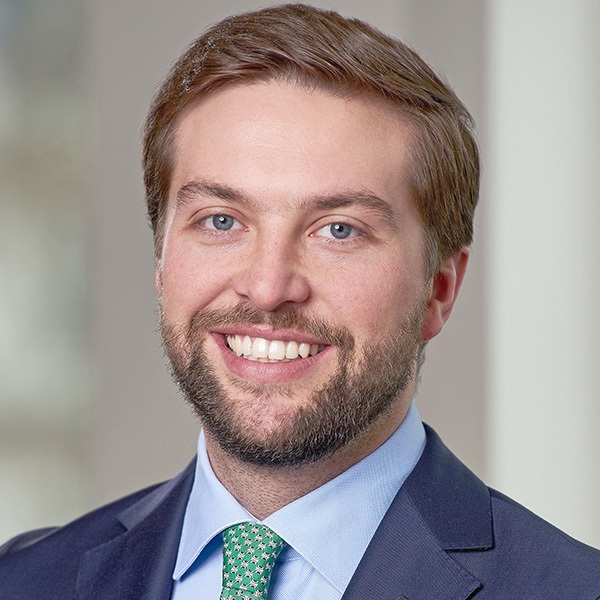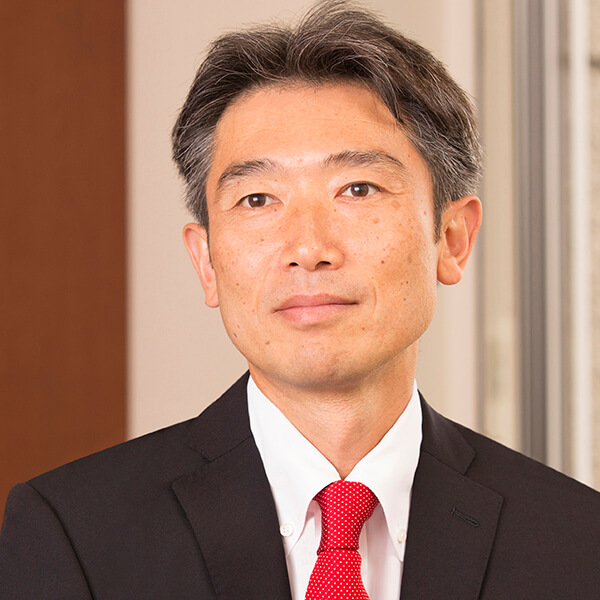Fixed Income
Categories
Japan
Will Abenomics continue in a post-Abe Japan?
Following Shinzo Abe’s surprise resignation as prime minister of Japan over health concerns, his long-time right-hand man Yoshihida Suga has now been officially voted as the country’s next leader. While Suga’s appointment is expected to bring about shortterm continuity, the longer-term future of Abenomics – the aggressive suite of economic measures aptly named after the man who unveiled it – remains unclear.
Formerly Japan’s Chief Cabinet Secretary, Suga was voted prime minister by the parliament’s lower house on September 16 – just days after his landslide victory to succeed Abe as head of the ruling Liberal Democratic Party (LDP). In his inaugural news conference as prime minister, Suga pledged to follow the policies of Abe and press ahead with more reforms in order to revitalise an economy that has been battered by COVID-19.
As part of his pledge for more continuity, Suga’s cabinet consists of several LDP veterans and major names from the previous regime, including Finance Minister Taro Aso, Foreign Minister Toshimitsu Motegi and Environment Minister Shinjiro Koizumi.
By reaffirming his commitment towards Abe’s flexible fiscal stance and ultra-easy monetary policies, Suga has been actively steadying the ship and quelling concerns that a change in leadership could signal a departure from the policies of the previous administration. However, this stability could potentially only have a short shelf life as Suga’s current mandate as prime minister lasts until the end of Abe’s term, which is September 2021.
.png)
Consequently, the longer-term future of Abenomics is likely to hinge on who eventually becomes prime minister once Suga’s term comes to an end in a year’s time.
Potential candidates include those who ran against Suga in the race to be the head of LDP: LDP policy chief Fumio Kishida and LDP lawmaker Shigeru Ishiba. Others mooted in the mainstream media include Finance Minister Taro Aso, Minister of State for Administrative Reform Taro Kono (previously the Defense Minister during the Abe regime) and the Governor of Tokyo Yuriko Koike. Koike, however, is not a member of the parliament and will first need to step down from her current post and win a seat in the lower house of Japan’s parliament in order to be eligible to run for prime minister.
The potential candidates have different policy positions. Suga has already made it clear that he will be continuing the path of Abenomics and will push for more structural reforms within Japan. Ishiba, on the other hand, has publicly stood up against some of Abe’s decisions in the past and is seen as a potential disruptor to existing monetary and fiscal policies. In contrast Kono is a pro-reformist but also a fiscal conservative who is likely to push the Bank of Japan to unwind its ongoing monetisation of government debt.
Continuity amid volatility
In the current environment, we believe coordinated monetary and fiscal policies have the highest odds of supporting the Japanese economy amid disruptions caused by COVID-19. Also, that monetary and fiscal policies are the most likely policy areas, along with structural reforms, to lead to reflation.
Longer term, those who are willing to intensify the three-arrow policy may have a higher chance of generating reflation, which would, in turn, be supportive of risk assets. Innovation, technology and finance-related stocks could be the most likely beneficiaries in this scenario under which we could also see a steeper yield curve, a more stable interest rate environment and a weaker yen.
Learn more about
Our latest insights
-
-
-
Long-Term Investing
-
-
Fixed Income
Past results are not a guarantee of future results. The value of investments and income from them can go down as well as up and you may lose some or all of your initial investment. This information is not intended to provide investment, tax or other advice, or to be a solicitation to buy or sell any securities.
Statements attributed to an individual represent the opinions of that individual as of the date published and do not necessarily reflect the opinions of Capital Group or its affiliates. All information is as at the date indicated unless otherwise stated. Some information may have been obtained from third parties, and as such the reliability of that information is not guaranteed.
 Christophe Braun
Christophe Braun
 Hiroaki Amemiya
Hiroaki Amemiya